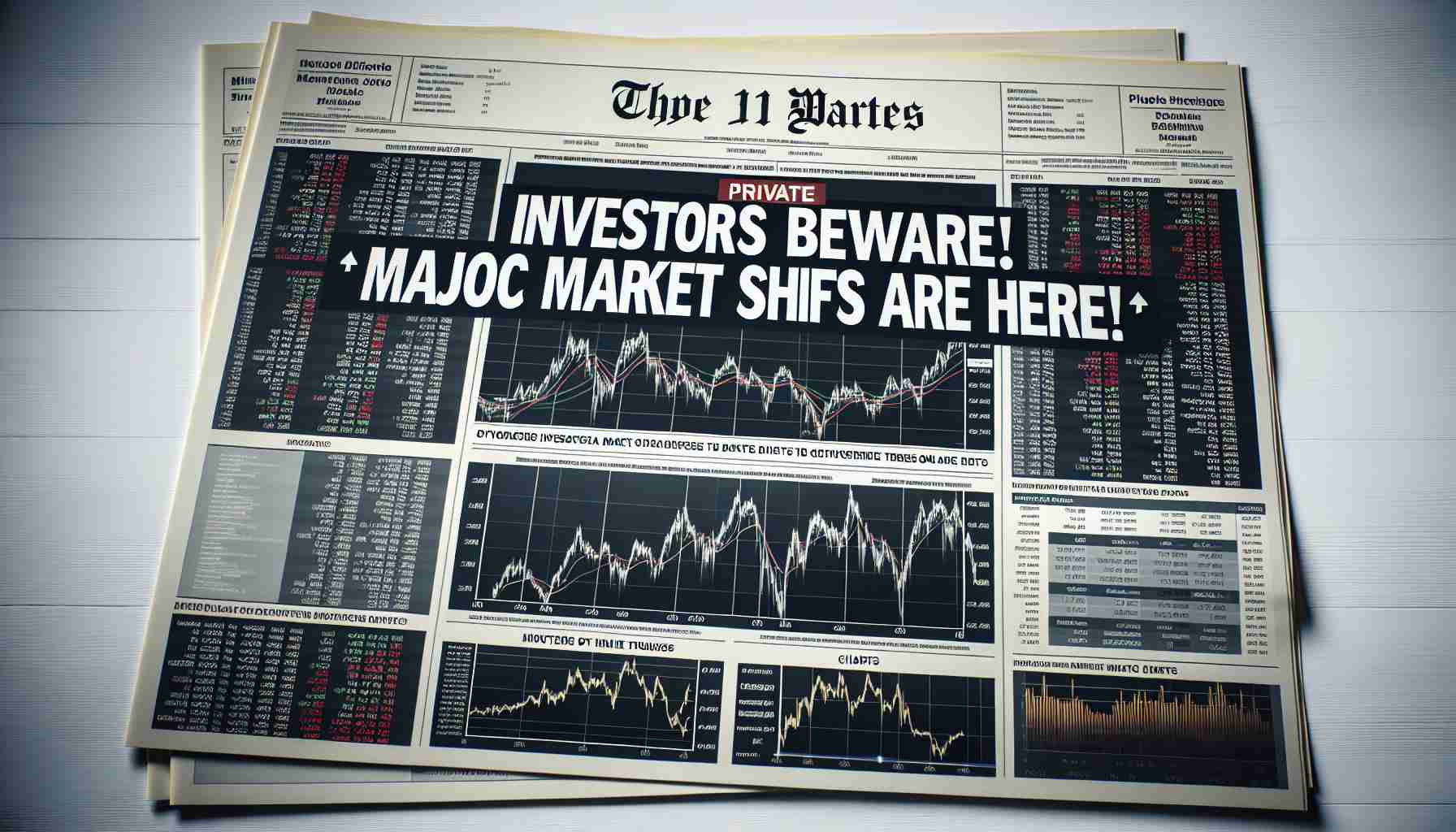Understanding the Current Economic Climate
As the U.S. enters a new interest rate cycle, sectors driven by consumer and business spending are beginning to see a positive economic outlook. Following the recent victory of the Republican Party in the 2024 election, the stock market faced correction, yet certain stock categories surged. Particularly, industries thriving on deregulation, such as traditional energy and banking, have experienced notable gains, while green energy sectors are struggling.
For instance, the S&P banking index has risen by **8.8%** since the election, significantly outperforming the overall S&P index, which increased by **1.64%**. In contrast, green energy stocks have plummeted **8.9%** during the same timeframe, suggesting a growing divide in market performance.
Investment experts emphasize the need for investors to reassess their strategies amid this shift. Notably, an analysis indicates that investments tend to yield positive returns regardless of the political administration. Historical data reveals that a $1,000 investment in the S&P in 1944 would be valued over **$7 million** today, highlighting the importance of a long-term perspective.
As 2024 progresses, the stock landscape is further influenced by advancements in artificial intelligence. Firms specializing in AI technology are garnering attention, with projections suggesting substantial growth in the generative AI market. Analysts predict this sector could expand from **$11 billion in 2020 to $1.36 trillion by 2032**, emphasizing the robust economic potential ahead despite current market fluctuations.
Unpacking the Economic Trends of 2024: What Investors Need to Know
### Understanding Economic Shifts and Sector Performance
As the U.S. approaches a pivotal period in its economic landscape, current trends demonstrate significant shifts that investors must navigate. The latest interest rate adjustments, alongside a new political landscape following the Republican Party’s successful bid in the 2024 election, have led to varied performances across sectors, impacting consumer and business behavior substantially.
### Sector Performance Analysis
1. **Banking and Traditional Energy Surging**: The S&P banking index has posted an impressive **8.8% growth** since the recent election, outperforming the broader S&P index, which recorded a modest **1.64% increase**. This trend indicates a strong resurgence in sectors traditionally favored by deregulation—particularly banking and conventional energy.
2. **Setbacks in Green Energy**: Conversely, the green energy sector has faced challenges, with stocks declining by **8.9%**. This downturn raises questions about the future viability of sustainable investments in an evolving market, particularly as traditional energy sectors regain momentum.
### Expert Insights and Investment Strategies
Investment experts highlight the necessity for a strategic reevaluation in light of these developments. Historical analysis underscores that long-term investments in diversified portfolios remain resilient regardless of political dynamics. For instance, a $1,000 investment in the S&P 500 in 1944 would yield over **$7 million** today, reiterating the value of a protracted investment horizon.
### The Impact of Artificial Intelligence
As we venture deeper into 2024, the burgeoning field of artificial intelligence (AI) emerges as a vital pillar of economic growth. Companies specializing in AI technologies are set to broaden their influence, with projections indicating a dramatic rise in the generative AI market. Analysts expect this segment to escalate from **$11 billion in 2020 to a staggering $1.36 trillion by 2032**. Such growth signifies a shift towards automation and innovation that may redefine employment and operational efficiencies across multiple industries.
### Pros and Cons of Current Economic Trends
– **Pros**:
– Potential for high returns in banking and traditional sectors.
– Increased investment opportunities in AI technology.
– Historical resilience of long-term investments.
– **Cons**:
– Volatility in the green energy sector.
– Uncertainty surrounding geopolitical and economic policies.
– Potential inflationary pressures due to rising interest rates.
### Looking Ahead: Predictions and Market Analysis
Experts anticipate that as we transition further into 2024, fluctuations will likely persist. Investors should remain vigilant, keeping an eye on government policies that could influence deregulation trends and thereby affect sector performances. Additionally, the intertwining of AI advancements with everyday business operations suggests that adaptability and innovation will be crucial for sustaining competitive advantages.
In summary, the economic landscape of 2024 invites a reexamination of investment strategies, focusing on sectors with robust growth potential and maintaining a watchful eye on areas facing decline. By understanding these dynamics, investors can better position themselves for long-term success in a rapidly changing market.
For further insights into economic trends and investment strategies, visit Forbes.
